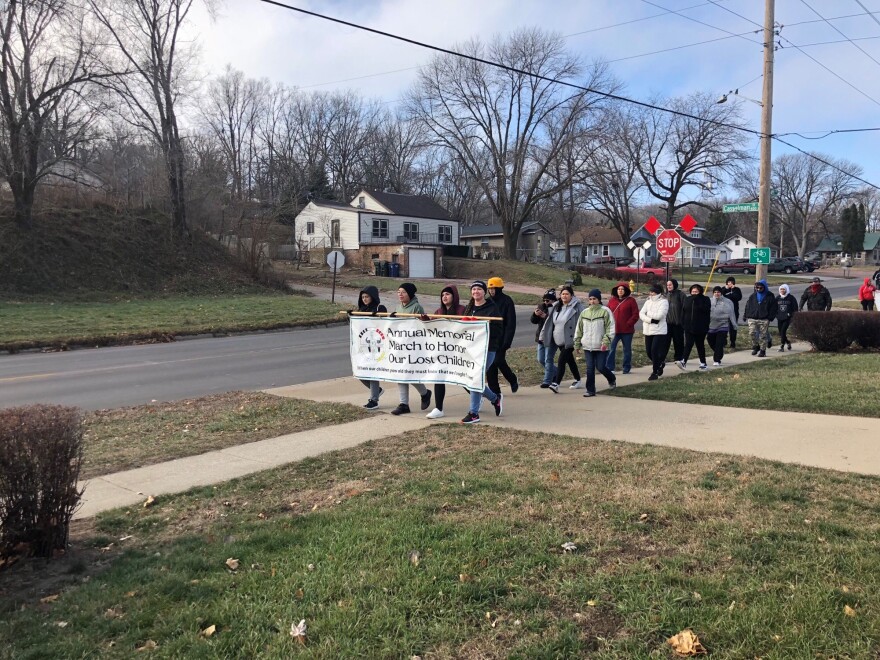Iowa’s Indigenous communities are bracing for the impact of a potential reversal of a long-established law that protects Native children from being forcibly removed from their family.
On Wednesday, the Supreme Court will hear arguments challenging the constitutionality of the Indian Child Welfare Act (ICWA) in Haaland v. Brackeen. The law was established in 1978 to address the crisis of Native children being separated from their families, tribe and culture.
Before the law was put in place, 25 to 35 percent of Indigenous children were taken from their families by state child welfare agencies, according to studies submitted to Congress. Of those, 85 percent ended up in non-Native homes – cutting them off from their tribal ties.
ICWA was set to combat this, by requiring agencies to work with tribes during custody court proceedings and to try to find a home with Native relatives, whenever safe and possible.
Great Plains Action Society representation director Jessica Engelking said if the law were overturned, it would undo decades of work to protect Native children.
“I'm absolutely terrified of going back to a time where our children were just stolen with impunity. More so than they are now,” Engelking said.

ICWA opponents argue the law discriminates based on race, violating the 14th Amendment's Equal Protection Clause. But tribes say being Native is a political designation, not a racial one. In this way, tribal sovereignty is also at stake in the decision.
The Iowa Attorney General Tom Miller joined 24 other states in filing an amicus brief – urging the court to reject the challenges.
Iowa Assistant Attorney General Diane Murphy Smith said changes or the removal of the law entirely would have huge implications for Native communities throughout Iowa, including their ability to collaborate and utilize child welfare services offered by Iowa’s Department of Human Resources.
“The state, arguably, does not know what is best for Native children. Their tribes do,” Smith said. “So we're really not going to be able to serve the communities, these Native communities and tribes without that connection.”
“I'm absolutely terrified of going back to a time where our children were just stolen with impunity."Jessica Engelking, Great Plains Action Society representation director
Iowa adopted ICWA into its state code in 2003, but Smith said a federal reversal of the law would open the state legislation to be challenged in court. And, it would come just months after Iowa completed its first Tribal Customary Adoption – an initiative that allows an adoption without the termination of parental rights.
Smith said it’s a policy that sets Iowa apart from other states and shows its commitment to keeping Native families together. But, if ICWA were slashed or eradicated, none of these efforts would be possible, she said.
“Active efforts would be out the door and that would be a huge change. I would argue it’d have a devastating impact on our Native children and families,” she said.
Native communities are still disproportionately represented in the child welfare system. In October alone, there were 92 active Native cases in foster care, according to Iowa DHS.
For Engelking, this is evidence that the racial harm inflicted on Native peoples has had a lasting effect that endures to today. She said she sees laws like ICWA as imperative to working toward justice.
“It feels powerless and terrifying to think about having a child and having that child be taken away from you,” she said.




